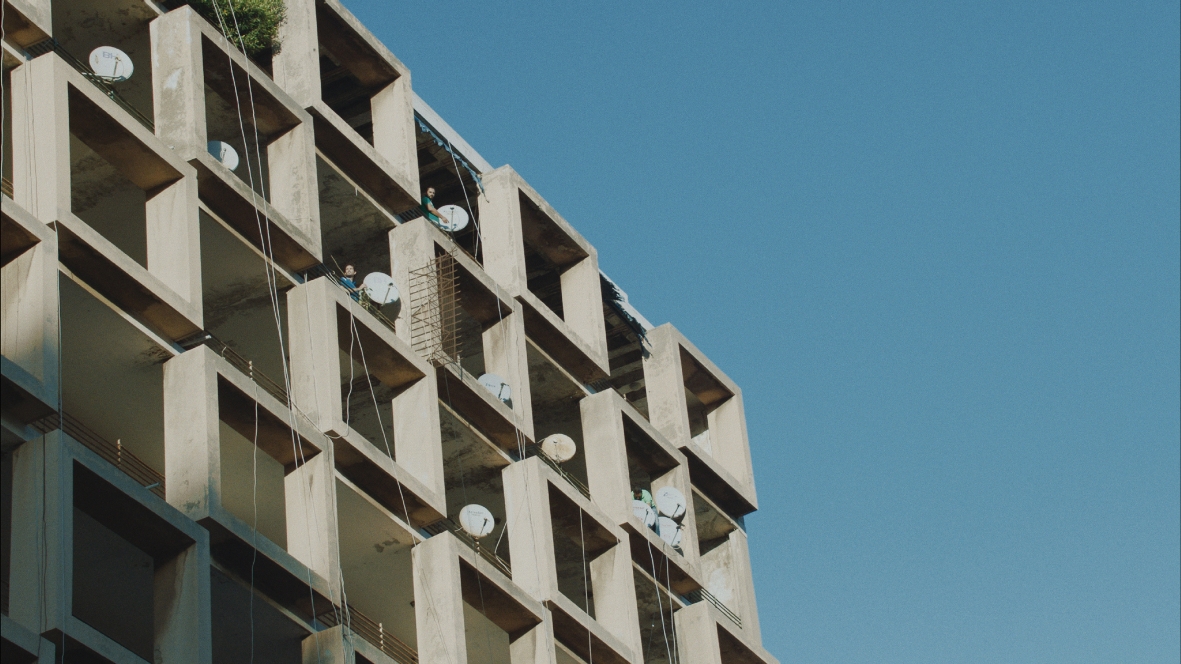Versione inglese a cura del Master in Traduzione per il Cinema, la Televisione e l’Editoria Multimediale
Article by: Marco De Bartolomeo
Translation by: Federica Franzosi
In Brazil the start of the FIFA world cup is just minutes away and halfway around the world, in Beirut, people are getting ready for the big event. Fans are in a frenzy, flags are fluttering on the balconies and the voice of the Arabian commentator marks the passing of time.
Everything is ready when a strange interference jams the signal. Football fans runt to the roves to take the antennas down and then reassemble them, rotating, inclining, trying to get them in the right direction but to no avail. TV frequencies seem to be shielded.
Suddenly, the loud sound of bombs fills the air and the boom of Israeli planes flying over Lebanon tears the silence. The sound is very loud, but the explosions seem far away. The people who were on the rooftops stay there, while others climb up, pushed by curiosity.
In just 26 minutes, Feyrouz Serhal builds up a budding, visionary and peculiar narrations, both in style and in meaning. The young Lebanese director’s eye wanders in the skyline of a post-modern Beirut, inspecting the architecture of skyscrapers, studying the space carved by the roofs of the buildings. His view is air, vertical, that penetrates into the illusory discretion of the walkways and captures the intimacy of a kiss, two children’s games, a family’s daily domestic life.
Tshweesh does not have main characters, it is a collective work. In the centre of the tale is Beirut and its innocuous, naive, even unprepared people, trying to no avail to tune in to a world at play, which unfortunately keeps them excluded and alienated.
Shut into its own isolation, the city can only observe itself from above, placid and meek, while the sound of Israeli bombs gives people their only possible diversion.
A particular care of form, authorial view and a subtle taste for surreal touches are the three characteristics with which Feyrouz Serhal signs a sharp and attention-worthy work, bringing to the big screen suggestive images of a land that unfortunately seems so far away, even though it is geographically close to us.


